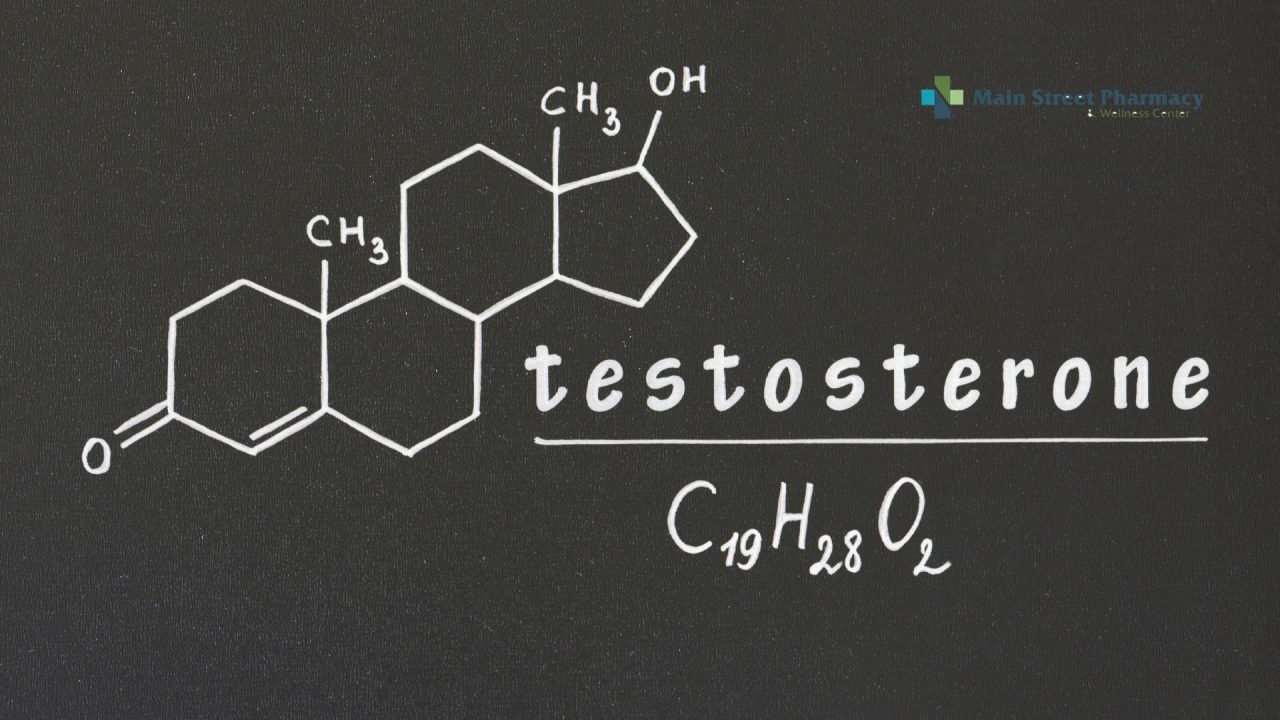Testosterone is a hormone that plays a crucial role in the human body, particularly in men but also in women. It is fundamental to many aspects of health and well-being, from physical strength and muscle mass to mood and energy levels. Despite its importance, there are many misconceptions and misunderstandings about testosterone. Here, we delve into the essential facts about this vital hormone.
What is Testosterone?
Testosterone is a steroid hormone primarily produced in the testes in men and, to a lesser extent, in the ovaries in women and the adrenal glands in both sexes. It belongs to a class of hormones known as androgens, which are often referred to as “male hormones” because they are present at higher levels in men. However, testosterone is also essential for women’s health, contributing to muscle strength, libido, and overall energy levels.
Functions of Testosterone
- Development and Maintenance of Male Characteristics: Testosterone is critical for the development of male characteristics during puberty, such as deepening of the voice, growth of facial and body hair, and increased muscle mass and bone density. It also plays a role in maintaining these features throughout a man’s life.
- Muscle Mass and Strength: Testosterone is key to the development and maintenance of muscle mass and strength. It promotes protein synthesis, which is vital for muscle growth and repair.
- Bone Density: Testosterone helps maintain bone density and strength, reducing the risk of osteoporosis and fractures, especially as men age.
- Sexual Function: Testosterone is essential for libido and sexual function in both men and women. In men, it is crucial for the production of sperm and the maintenance of erectile function.
- Mood and Energy Levels: Testosterone influences mood, energy levels, and overall well-being. Low levels of testosterone can lead to fatigue, depression, and irritability.
- Cognitive Function: There is evidence to suggest that testosterone plays a role in cognitive functions such as memory and concentration.
Normal Testosterone Levels
Testosterone levels vary throughout a person’s life and can be influenced by factors such as age, health, and lifestyle. In men, testosterone levels peak during adolescence and early adulthood, then gradually decline with age. The normal range for testosterone levels in adult men is approximately 300 to 1,000 nanograms per deciliter (ng/dL). In women, the normal range is much lower, typically between 15 and 70 ng/dL.
Low Testosterone (Hypogonadism)
Low testosterone, also known as hypogonadism, can occur due to a variety of factors, including aging, injury to the testes, chronic illness, and certain medications. Symptoms of low testosterone in men may include reduced libido, erectile dysfunction, fatigue, depression, loss of muscle mass, and increased body fat. Women with low testosterone may experience decreased libido, fatigue, and muscle weakness.
Testosterone Replacement Therapy (TRT)
For individuals with significantly low testosterone levels, testosterone replacement therapy (TRT) can be an effective treatment. TRT aims to restore testosterone levels to the normal range, alleviating symptoms associated with low testosterone. It can be administered in several forms, including injections, patches, gels, and pellets. However, TRT is not without risks and potential side effects, such as an increased risk of cardiovascular events, prostate issues, and sleep apnea. Therefore, it is essential to consult with a healthcare provider to determine if TRT is appropriate.
Misconceptions About Testosterone
There are several misconceptions about testosterone that need to be addressed:
- Aggression: While testosterone is often associated with aggression and dominant behavior, the relationship is complex and influenced by many factors, including social and environmental conditions. High levels of testosterone alone do not necessarily lead to aggressive behavior.
- Supplements: Over-the-counter testosterone supplements are widely marketed, but they are not regulated in the same way as prescription medications. Their efficacy and safety are not guaranteed, and they can have serious side effects.
- Testosterone in Women: Some people believe that testosterone is only important for men. However, it is crucial for women’s health as well, contributing to libido, muscle strength, and overall energy levels.
Testosterone is a vital hormone with wide-ranging effects on the body. Understanding its functions, the implications of low levels, and the potential benefits and risks of replacement therapy is essential for maintaining health and well-being. Whether you are a man or a woman, testosterone plays a significant role in your overall health, and being informed about this hormone can help you make better health decisions.






